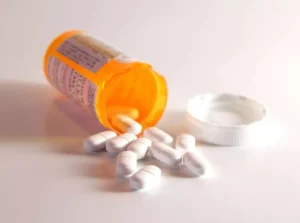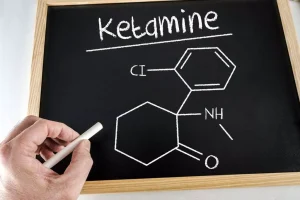Alcohol poisoning: Symptoms, treatment, and causes
COVID-19: NATIONAL RESOURCES
June 2, 2020A recent International Standard is helping bring new clarity to the complex world of finance and investment.
April 2, 2022A person can be arrested for driving with a BAC above this limit. We absorb alcohol much more quickly than food – alcohol gets to our bloodstream much faster. If the alcohol poisoning is extreme, the patient can go into a coma and potentially die. If the person is experiencing seizures, a short-term anticonvulsant medication will be given to stop the seizures. Remember, your friend does not have to have all the symptoms to be at risk. Anyone who cannot be awakened or is unconscious is at risk of dying.
Binge Drinking and Alcohol Toxicity
In every U.S. state, it is illegal to drive with a BAC of over 0.08%. For more information about alcohol and cancer, please visit the National Cancer Institute’s webpage “Alcohol and Cancer Risk” (last accessed June 6, 2024). Use of this website and any information contained herein is governed by the Healthgrades User Agreement.

What are the signs of different BAC levels?
A telltale sign that a person is unconscious and not just asleep is their inability to be woken, per the Mayo Clinic, in which case, you want to seek immediate medical attention. If a person’s BAC exceeds 0.31%, it is considered a life-threatening situation in which they immediately need to be brought into the emergency room. At this point, someone’s vital functions can slow so significantly that they could slip into a coma.
- Generally, once your blood alcohol concentration (BAC) is 0.40 percent or over, it’s dangerous territory.
- After receiving medical intervention, they will continue to have severe hangover symptoms until their condition becomes more stable.
- For example, you might have more than 12 fluid ounces of beer in your glass, and it might be stronger than 5 percent, in which case it’d take fewer drinks to get you more drunk.
- Celebrating at parties, cheering a favorite sports team, and enjoying get-togethers after work are common ways to relax or be with friends.
- Because denial is common, you may feel like you don’t have a problem with drinking.
- Rapid fluid ingestion alters the fluid concentration in the body, potentially disrupting fluid and electrolyte balance.
What are the symptoms of alcohol intoxication?
- That said, it’s worth knowing your body’s limits and what to look for if alcohol poisoning is a worry.
- Alcohol poisoning occurs when a person drinks so much alcohol that it becomes dangerously toxic to their body.
- Most people call this stage of intoxication being “tipsy.” A person’s BAC at this stage might range from 0.03 to 0.12 percent.
- And middle-aged people are more likely than younger ones to take prescription drugs, which can increase the severity of alcohol poisoning.
Because denial is common, you may feel like you don’t have a problem with drinking. You might not recognize how much you drink or how many problems in your life are related to alcohol use. Listen to relatives, friends or co-workers when they ask you to examine your drinking habits or to seek help. Consider talking with someone who has had a problem with drinking but has stopped. You’ll need to go to hospital to be monitored if you have alcohol poisoning. It can cause serious complications, like liver and heart failure, which can be fatal.
Signs of Alcohol Poisoning

Alcohol intoxication

